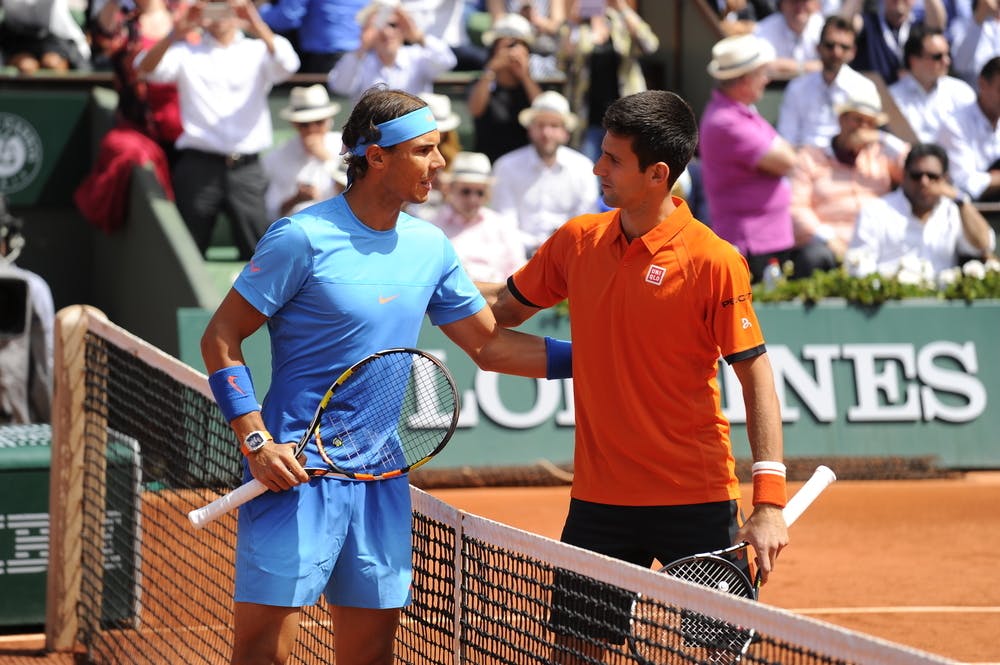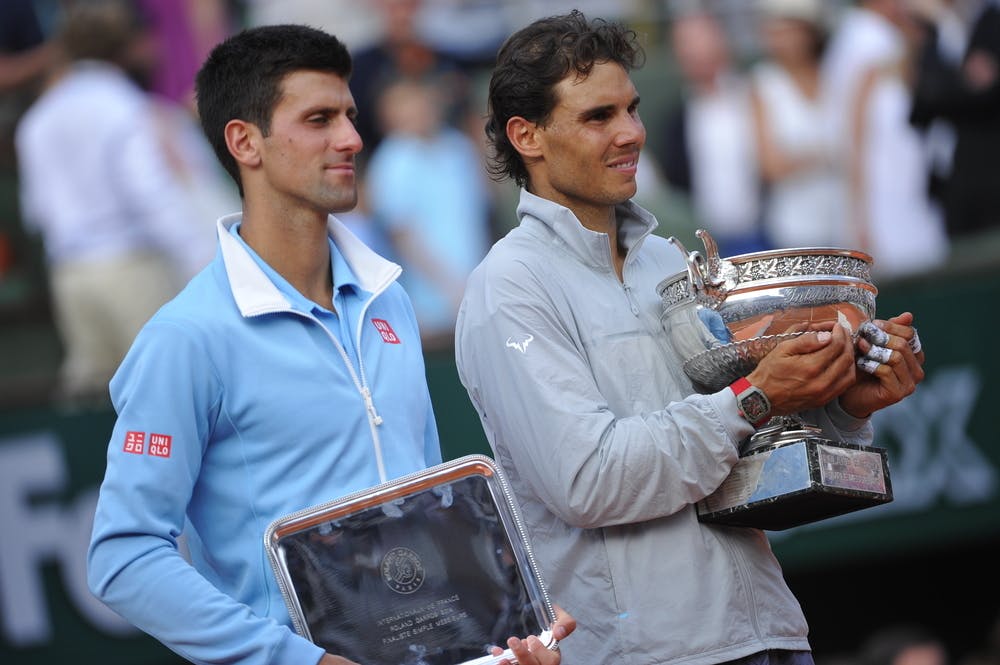On paper, it would be bold to go against Nadal.
He owns 12 titles at Roland-Garros and has never lost a semi-final or final on Parisian clay.
He owns a 6-1 record against the world No. 1 at Roland-Garros, including 2-0 in finals.
“I hopefully will be able to play my best tennis because that's what's going to be needed in order to have a shot at the trophy,” said Djokovic. “I'm in the last match of the tournament, playing against the biggest rival, the biggest obstacle and challenge that you can have. This is what it comes down to.”
Djokovic is one of two players, alongside Robin Soderling, who have beaten Nadal at Roland-Garros — in the 2015 quarter-finals — and has prevailed in their last three Grand Slam contests.
All of which were blows to Nadal.
The first was the aforementioned encounter at Roland-Garros. In the second, at Wimbledon in 2018, Djokovic’s renaissance truly began by overcoming Nadal in a five-hour semi-final.
Then in last year’s Australian Open final, Djokovic topped Nadal in an altogether different scenario — needing a mere two hours.
 ROLAND-GARROS
18 May - 7 June 2026
ROLAND-GARROS
18 May - 7 June 2026



